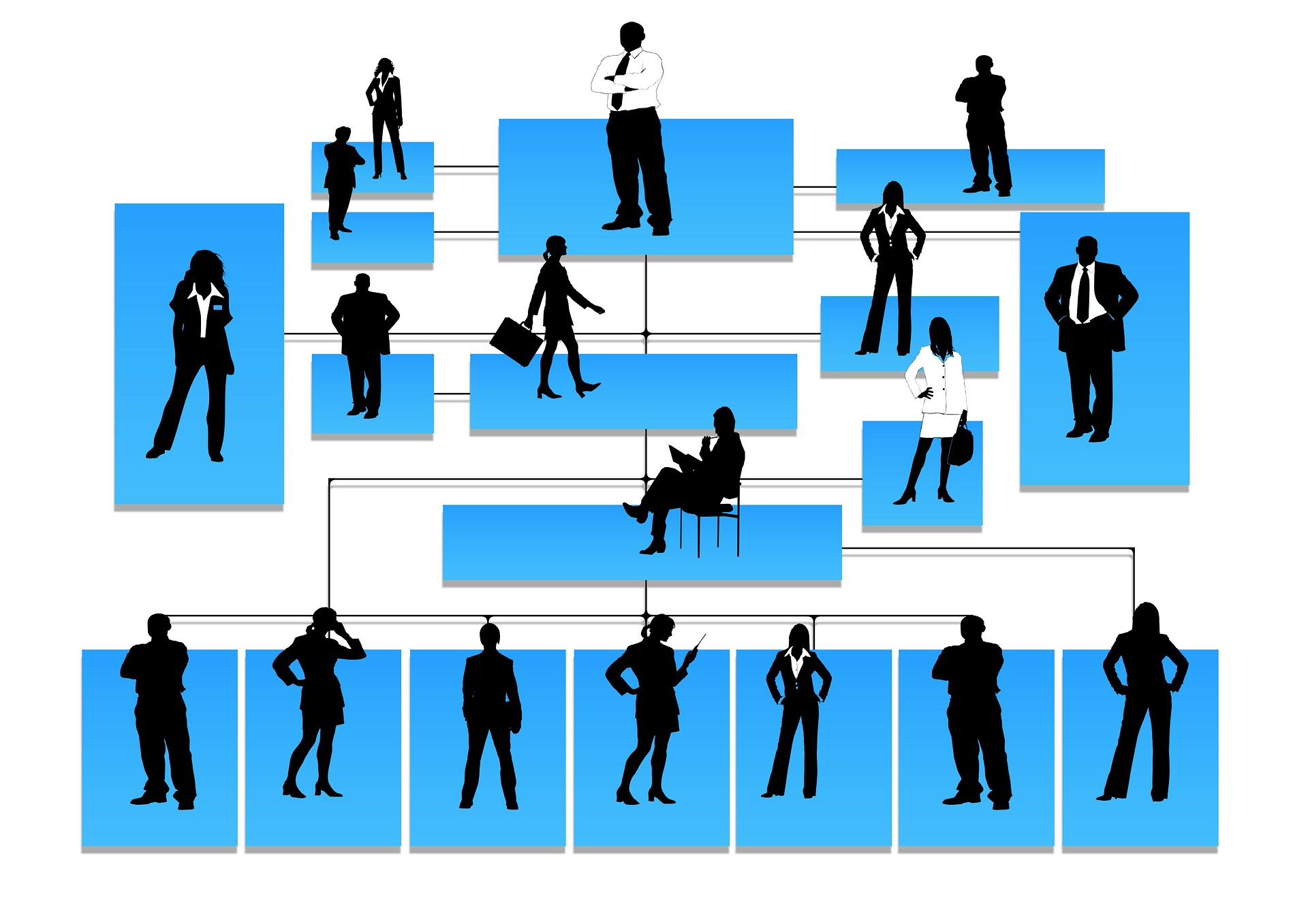Ask these 10 questions when deciding where the function of CX should report in an organization.
I hesitated to write this article because if there’s one, there must be a hundred opinions on where the customer experience function should align in an organization. In my experience, I’ve heard and seen it report to any one of these C-suite positions in an organization:
|
· CEO
|
· CMO
|
|
· COO
|
· CFO
|
|
· CCO
|
· CXO
|
|
· CPO
|
· CTO/CIO
|
And if it’s not reporting to one of the C-suite positions, it reports to someone who reports to one of these C-suite positions. So, is where and who the CX function reports to important? What’s are the more appropriate questions we should be asking about the role of CX in an organization? Here are a few of my suggestions:
- Is there an established CX strategy for the organization?
- Do all leaders buy-in to that strategy and support executing the actions necessary to achieve the strategy?
- Do leaders understand the role and how it interacts with their functions?
- Is the CX role a full-time role or part of another person’s responsibility?
- Does the CX professional have the authority and responsibility to work cross-functionally to achieve the organization’s CX strategy?
- Is it a true CX role or is it masquerading as customer success or customer service?
- Is the role broad enough to include not only market research but strategy, initiatives, CX technologies and behavioral change among the employees?
- Is the person in the role a CCXP with the skills and background of a true CX professional or is it someone who impressed the CEO because they were good at managing projects?
- Do all levels of the organization understand the CX strategy and reason for having this role?
- Is the role part of an integrated CX framework in the organization or responsible for leading this quarter’s program of the month?
Instead of only talking about reporting structure, these 10 questions can help design the role today for the successes of tomorrow. As in any leadership role in an organization, having defined job responsibilities (check out the CXPA Guide to Job Descriptions); clearly defined objectives that are SMART ( specific, measurable, attainable, relevant, and time-bound) and the support of colleagues and leaders across the organization to achieve real change are imperatives to ensuring the success of CX professional.
The sad truth is that CX professionals, on average last only 18-24 months in their roles. Real transformational change takes time – and in my opinion that average seems like a very short period to achieve it. There are a variety of reasons why CX professionals leave their positions: some move onto other roles; some get tired of beating their heads against the wall; others never find the traction necessary to achieve the goals due to lack of leadership commitment; others use the experience gained in one organization to achieve greater accomplishment in another. 
Is where the CX role reports important? Of course, especially when it comes to the ability of the CX professional to influence the organization to improve the end-to-end experience. My preference is a direct reporting relationship to the CEO. However, if we are only focused on the reporting structure then we are missing other key fundamentals that can help CX professionals be successful in their roles.
Let’s not only support current CX practitioners as they meet the challenges of the role, but also nurture the next generation of emerging leaders in our profession. Let’s work to ensure both groups have long, successful careers in CX, thus creating mutually rewarding benefits for the organization, its employees, and its customers!
#2020#CXCareerResources